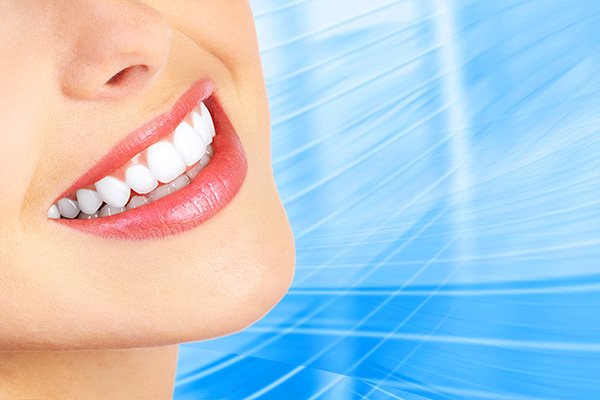FAQs About Teeth Whitening

Teeth whitening is a cosmetic dental procedure to eliminate stains and discolorations from the teeth. If you have been scheduled for a teeth-whitening appointment, then it is reasonable to have questions about the procedure and what is expected from you. This article answers some of the frequently asked questions about teeth whitening.
Teeth whitening FAQs
The following are questions that are often asked about teeth whitening procedure:
Is teeth whitening effective for all color stains?
No. Bleaching works well for yellowish teeth, is less effective on brownish teeth and may not even work for grayish-hue or purple-stained teeth at all. Blue-gray staining due to tetracycline is harder to lighten and may need several in-office whitening procedures or six months of at-home whitening for any significant result. Teeth with dark, stubborn stains may be suitable for other cosmetic procedures such as bonding, veneers or crowns.
How often would I need teeth whitening?
The results from a teeth-whitening procedure are not permanent. Constant exposure to teeth-staining foods or beverages may cause the sparkle to fade within a few weeks. With proper precautions, patients may be able to maintain the whiteness for up to a year before needing retreatment.
What follow-up is required?
After the whitening treatment, the patient will need to revisit the dentist after a few days to check the condition of the gums. For at-home teeth whitening supervised by the dentist, the dentist will need to examine the gums and the teeth for the treatment progress, probably after a week and again, several weeks later.
What are the risks associated with whitening?
Two major side effects of teeth whitening are tooth sensitivity and minor irritation of the soft tissues in the oral cavity, especially the gums. Both conditions are temporary and typically disappear soon after the treatment completes.
Are teeth whitening products safe and effective?
Bleaching products are given by the dental office, and in-office teeth-whitening products typically have the ADA seal of acceptance. This means that the product conforms with the ADA’s guidelines for safety and effectiveness. Many over-the-counter teeth whiteners do not have the seal and are not recommended.
Does teeth-whitening damage the enamel?
Whitening products containing 10 percent carbamide have no detrimental effect on the enamel and existing dental restorations. Instead, restorations such as crowns, bonding, tooth-colored fillings and veneers do not respond to whitening. This means that the patient may need to replace existing restoration to match the new teeth color after a whitening treatment.
How do I preserve the results of the treatment?
Patients must avoid teeth-staining foods and preferably, use a straw when drinking colored beverages to limit contact to the teeth. Brushing and flossing regularly as well as routine dental cleaning is essential to keep the teeth healthy. Regular touch-up treatments every year can help preserve the results of the procedure.
Final note
Irrespective of the teeth whitening method, the extent of whiteness varies with each individual and depends on the state of the teeth, nature and extent of the stain, the concentration of the leaching product, and the duration of treatment. The cosmetic dentist will provide a suitable recommendation after examining the patient’s dentition.
Request an appointment here: https://www.gablesexceptionaldentistry.com or call Gables Exceptional Dentistry at (305) 203-4132 for an appointment in our Coral Gables office.
Check out what others are saying about our services on Yelp: Read our Yelp reviews.
Related Posts
Invisalign® has emerged as one of the most popular alternatives to traditional metal braces. These teeth-straightening devices are virtually invisible when worn, as their name suggests, yet they can fix many of the teeth alignment issues braces have historically been used for.Examples of orthodontic issues Invisalign can be used to fix include crooked, crowded, poorly…
Children often look forward to their teenage years but are rarely excited about getting braces. Fortunately, Invisalign® provides an efficient and faster teeth straightening method without the need for the metal wires and brackets of traditional braces. With multiple benefits, Invisalign has become the clear alternative to teen braces. The Invisalign system is a series…
Most people develop a cavity at some point in their lives, but children are especially prone to tooth decay. Dental sealants can be used to help lower the risk of getting cavities, protecting a child's teeth for many years. This supplemental treatment offers many benefits and is recommended by most dentists for virtually all children…
Those seeking a straighter smile who would like to avoid treatment with braces have another option, thanks to Invisalign®. This clear aligner system discreetly and conveniently addresses many tooth alignment issues. Though many prefer Invisalign to braces, for this reason, these clear aligners are not for everyone. If you are considering Invisalign, here is an…
